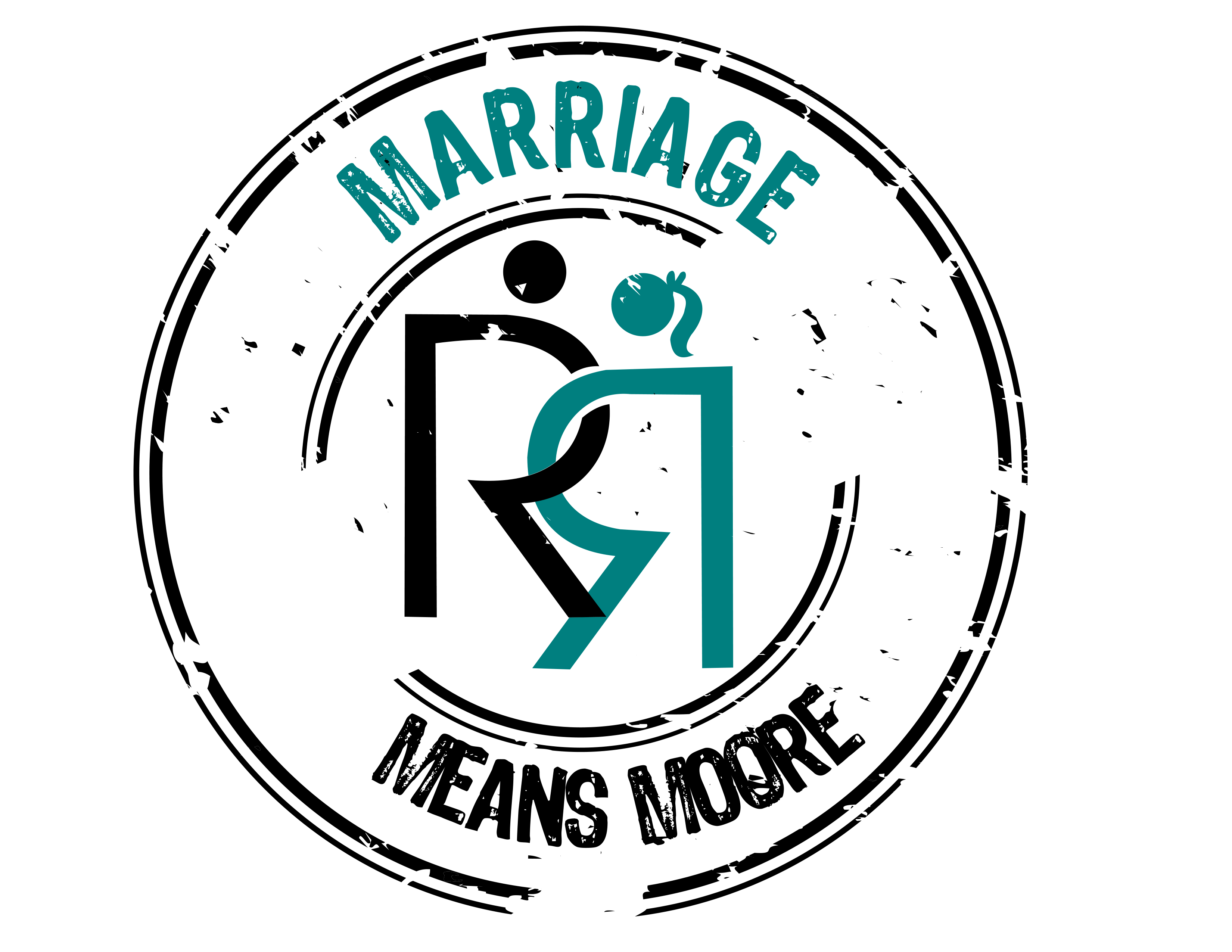Manage Your Anger and Feel Love Again
Discover the power within you to effectively manage your anger and cultivate a renewed sense of love in your life. Embrace the opportunity to transform your emotions and create a harmonious existence. Let go of the negativity that anger brings and open your heart to the abundance of love that surrounds you. By adopting healthy coping mechanisms and nurturing your relationships, you can mange your anger and feel love again.
By learning to manage your anger, you open yourself up to experiencing love once more. Love, my dear friend, is undoubtedly one of the most significant aspirations we should strive for in our lives. It’s important to recognize that many of us experience frustration and anger when it comes to matters of the heart. This is a common and valid emotion that we often encounter. No matter the duration of our search for love or the intensity of our desire for it, we often encounter challenges that trigger feelings of fear, anger, and the urge to avoid. In these challenging times, it’s important to prioritize self-care and create space for personal growth. It can be beneficial to take some time for yourself and temporarily distance yourself from your closest friends and family to alleviate the stress that can sometimes accompany romantic relationships. Remember, self-care is essential for maintaining a healthy and balanced life.
Relationships and Love
When it comes to relationships and love, the pain of caring for someone and having them care for us in return can be seen as a burden. When someone we care about tells us they love us, it makes us question the bad things we think about ourselves. It’s important to acknowledge that we may have some apprehension about letting go of a familiar aspect of ourselves that has been with us for as long as we can remember. As we continue to develop deeper connections with others, it is natural to encounter the fear of potentially losing someone who holds great significance in our lives. Love is a powerful force that adds depth and purpose to our lives. However, it is completely normal to feel apprehensive and experience pain when it comes to matters of the heart. In our journey towards personal growth and emotional well-being, it is not uncommon for us to develop certain defense mechanisms to shield ourselves from our deep-rooted fears of intimacy. One such tendency we may exhibit is feeling a surge of anger when someone expresses their love towards us.
How Does It Look When We are Angry at Love?
When we find ourselves feeling angry towards love, it’s important to take a step back and reflect on the situation. Anger can cloud our judgment and hinder our ability to experience love’s true essence. Instead of allowing anger to consume us, let’s explore ways to cultivate a more positive and fulfilling relationship with love. Remember, love is a beautiful and transformative force, and by approaching it with openness and compassion, we can create a more harmonious and joyful connection.
Sometimes, relationships don’t unfold as we hope or expect them to. Sometimes, individuals who were once inseparable may find themselves going their separate ways and losing touch with one another. Many couples experience a shift from intense love to intense hate, and it can be perplexing. What led to the decision for them to discontinue their relationship? The shift away from love can sometimes be attributed to our apprehension of intimacy, leading us to exhibit negative behaviors towards those we hold dear.
Fake Relationships
First and foremost, let’s focus on the little things that may be affecting your relationship. These could include reducing eye contact, decreasing physical affection, feeling hesitant to engage in activities you both used to enjoy, noticing more critical comments, experiencing a decline in passion, and witnessing a gradual erosion of respect for each other’s independence and personal boundaries. When we find ourselves engaging in these repetitive patterns of anger towards our partner, it’s important to recognize that deep down, we are actually experiencing anger towards love itself. When we have the privilege of experiencing the loving gaze of our partner, it has the potential to ignite a powerful surge of emotions within us. When we encounter someone reaching out to hold our hand, we often find ourselves instinctively retracting. While engaging in acts of kindness, closeness, and love, it’s important to recognize any discomfort that arises within us. Instead of labeling these experiences as disgusting, let’s explore why they may be triggering such reactions. By understanding and addressing our discomfort, we can cultivate a more compassionate and open mindset, allowing us to fully embrace the beauty of these meaningful connections.
Creating fake relationships or bonds is not a healthy or fulfilling way to live your life. It is important to prioritize genuine connections and authentic relationships. Instead of investing time and energy into fake relationships
Signs of Fake Relationships Bonds
- You’re not making as much eye contact as you used to.
- You’re having communication breakdowns.
- You have less affection for one another.
- Your romantic behavior has become less impersonal and routine.
- You’ve lost your autonomy.
- You frequently speak as if you are only one person.
- You’re using everyday rituals to represent closeness.
- In your relationship, you’re acting out parts.
- You’re substituting traditions and conventional responses for genuine closeness.
In the grand scheme of things, it’s important to recognize that these trends have the potential to pose greater risks over time. As our relationships grow deeper and more meaningful, it is natural to experience a sense of vulnerability that can sometimes trigger feelings of anger. Let’s explore the idea of dialing it back a bit and finding alternative ways to foster connection that are more grounded and balanced. It is possible that we may experience a decrease in our level of activity and find ourselves no longer engaging in activities with our partner that were once enjoyable and stimulating. Let’s focus on replacing what psychologists refer to as “Fake Relationship Bonds” with genuine love, which is essential for our personal growth and fulfillment. When we allow ourselves to embrace this misconception, we frequently find ourselves losing our connection to love. It is important to shift our focus from external appearances to our true selves. Let us strive to appreciate one another as unique individuals rather than merging into a single entity when we communicate.
Are You Angry Because of Love?
Most of us say we want to find a loving partner, but real love breaks down the romantic ideas that have helped us get through life since we were kids. These “survival mechanisms” are the ways we learned to protect ourselves as kids when things got hard. People who have been hurt in their first relationships are afraid of getting hurt again and are hesitant to risk being loved again. They do things that put distance between themselves and others to keep their minds in balance. Our early relationships have a big impact on how we get along with others as adults. For instance, if we were turned away or ignored as children, we might feel vulnerable as adults. We might look for people who make us feel empty and alone, or we might choose people who are too controlling to make up for what we thought we were missing. In either case, we won’t be able to find new, healthy ways to interact with each other. We don’t do this on purpose, but because our minds are naturally drawn to what is comfortable or known.
When we choose someone who doesn’t fit with the bad things in our past, we often feel nervous, suspicious, questioned, or angry. When someone loves us, we are forced to look at ourselves in a new way and stop seeing ourselves the way we were seen in our family or as a child, where we may have felt like we didn’t get enough love or respect. We all had happy, loving childhoods, but even the best parents can’t always know what their kids need and give it to them. Our experiences, both good and bad, tend to shape how we see ourselves and how we picture others, which in turn shapes our closest relationships.
What’s Holding Me Back from Feeling?
Sometimes, we may find ourselves resisting love, and this resistance can manifest in the form of a fake relationship. When a couple allows their fears of intimacy to dictate their actions and resorts to fantasy-based methods of connection, they may witness their relationship gradually unravel before them. When individuals immerse themselves in a relationship, they may unintentionally lose sight of their own identity, leading to feelings of anger and defensiveness. Instead, it is essential for both partners to be naturally attracted to one another and maintain an open and receptive mindset. Sometimes, people may find themselves experiencing a shift in their feelings towards someone they once held dear. It is not uncommon for emotions to evolve and change over time.
It is important to remember that this is a natural part of personal growth and self-discovery. Embrace this opportunity to explore your own needs and desires, as well as to understand the reasons behind this shift in your feelings. By doing so, you can navigate this situation with grace and compassion, both for yourself and for the person involved. Why is it so hard to do something as easy as feeling our feelings? There is a very good reason why we have trouble getting in touch with our feelings and feel cut off and distant instead. Many of us are emotionally guarded, and to figure out why, we have to think back to when our defenses were first put in place.
As children, we were too small and weak to deal with our surroundings well. We were completely helpless and needed other people to take care of us and meet our wants. Even if the adults in a child’s life are very loving and caring, they can’t know or meet all of the child’s wants.
Even if a parent means well, they won’t be able to do this. For babies and toddlers, these times of unintentional emotional numbness and lack of attention are very painful and upsetting. Infants don’t have a sense of time, so they don’t know that their pain is only brief. Instead, they feel like their pain is overwhelming and never-ending.
Breaking Self-Defeating Patterns
Breaking our self-defeating patterns requires getting to know ourselves – learning about our pasts and how they affect our present. Our feelings about love may appear positive and hopeful on the surface, but deep down, we may be afraid of being loved. We may be angry at love when we don’t expect it from the people we care about the most. When this happens, it’s critical to be patient with ourselves and compassionate toward ourselves. We should strive to challenge maladaptive behaviors that would harm our relationship or distance us from our partner. We should be aware of the times when we push love away and consider why these situations make us uncomfortable. How do they relate to our past?
We increase our capacity to experience love by getting to know ourselves. We can begin to feel less enraged when we are shown love. Even when we notice ourselves becoming angry at our partner’s love, we can choose how we act to get closer, rather than allowing ourselves to act in ways that would sabotage a worthy relationship.
It’s a good idea to look at how your original defensive adaptations are affecting your life today. Can you recall how you used to isolate yourself from pain and frustration when you were younger? What were the behaviors or habits that helped you feel better as a child? Have you sucked your thumb? Have you ever rubbed a favorite blanket? Did you try to divert your attention by picking a fight with another child? Did you entertain yourself by conversing with an imaginary friend? Have you vanished into a world of fiction and make-believe? Did you disengage and refuse to accept anything from others?
Now Consider Yourself Today
Those of us who used to soothe ourselves—thumb-sucking, rubbing a favorite blanket, twirling our hair—now struggle with food, drug, or alcohol addictions. Those of us who used to calm ourselves by rocking or engaging in other repetitive behaviors are now constrained by routines and compulsive behaviors. Those of us who initially retreated into fantasy are now lost in daydreaming about success rather than pursuing real goals. And those of us who vowed never to need anything from anyone now live isolated, self-denying, lonely lives.
It’s ironic because the very defenses that once saved us emotionally are now depriving us of our lives. What began as a normal solution to an unbearable situation has now become our imprisoning agent. So here we are, shrouded in the armor of our childhood defenses, unaware that it is safe to remove the armor. Blissfully ignorant that we’re still free to move around as we please.
Lastly, it’s one of the best options to talk it out with a life coach. Whether you are looking to figure out how to manage relationship stress or need help overcoming a painful past. At Marriage Means Moore, you can get your first appointment scheduled with us today. Click here for a list of frequently asked questions.
Be sure to follow us on Facebook, Twitter, Instagram, TikTok for up to date information on relationships and upcoming events for couples. Also check out our Inspired by Us Shop for unique gifts for couples.





Wow insightful…i enjoyed reading through
Great post gave me a lot of insight